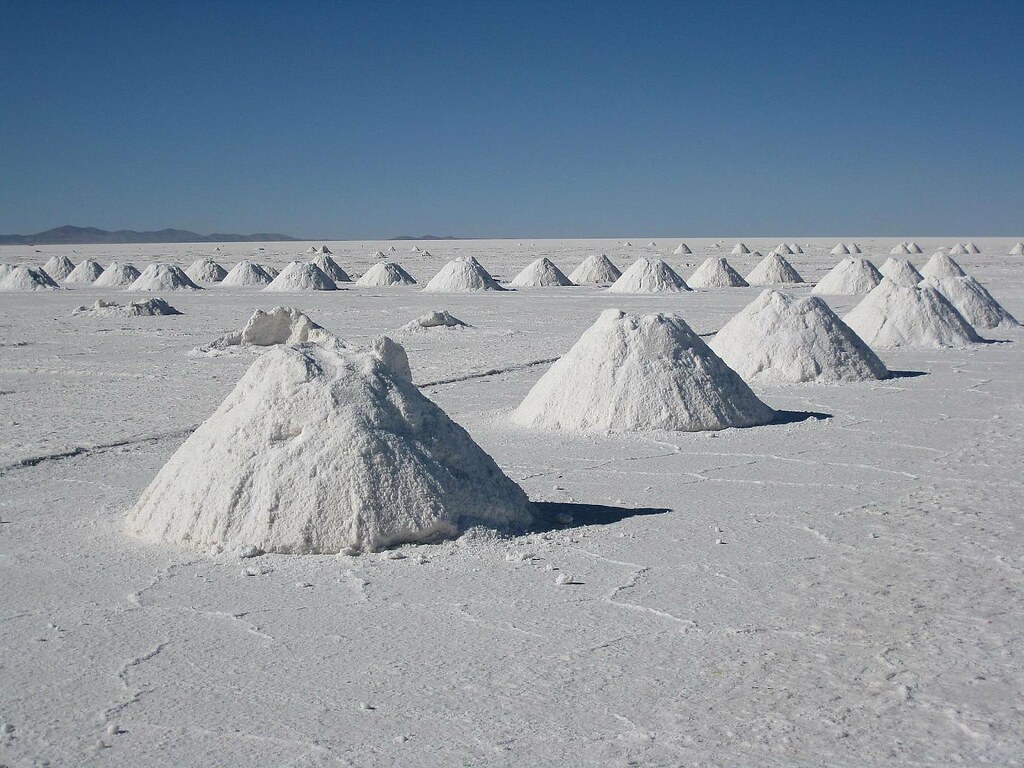It seems like a simple question: Why was salt so incredibly valuable in ancient times, even when people could supposedly just boil seawater to get it? The answer, however, unravels a captivating story about human survival, the birth of trade, and the very rise of civilizations.
In an age without refrigerators or electricity, salt wasn’t just a flavor enhancer; it was virtually the only way to preserve food. Most bacteria and fungi that spoil food simply cannot survive in a high-salt environment. Because of this, a salted piece of meat could mean the difference between having food and facing starvation, especially during harsh winters.
Imagine a hunter in ancient times catching a rabbit. Without salt, that rabbit would have to be eaten or sold within a day or two before it spoiled. But with salt? He could cure it, dry it, store it for weeks, and even transport it to distant markets. This revolutionary ability to preserve food transformed it from a perishable item into a storable commodity that could be transported and exchanged. This, in essence, is how trade began to flourish.
Salt’s Indispensable Role in Human Survival
But salt’s importance stretched far beyond food preservation. It’s a vital necessity for the human body itself. We need it to survive, and a lack of it can lead to death. In ancient times, readily available salt wasn’t a given in every location. Indeed, some people tragically died from salt deficiency.
This crucial need explains why many ancient trade routes were built around salt mines. Salt even served as a form of currency at times. This is where the English word “salary” comes from – derived from “sal,” the Latin word for salt. Roman soldiers were sometimes paid in salt, highlighting its immense worth.
From Preservation to Prosperity: How Salt Shaped Societies
As methods for extracting salt evolved, from mining underground to evaporating seawater in pans, societies took monumental leaps forward. The ability to preserve food reliably led to greater stability, supported the development of agriculture (as surplus crops could be stored), spurred larger-scale trade, and ultimately facilitated the growth of towns and cities.
In short, salt wasn’t just a basic ingredient; it was a fundamental pillar upon which ancient civilizations were built. Its scarcity and essential nature made it a driving force behind human innovation, commerce, and societal development, proving that sometimes the simplest things hold the most profound historical significance.

